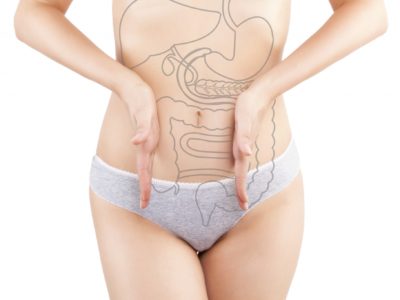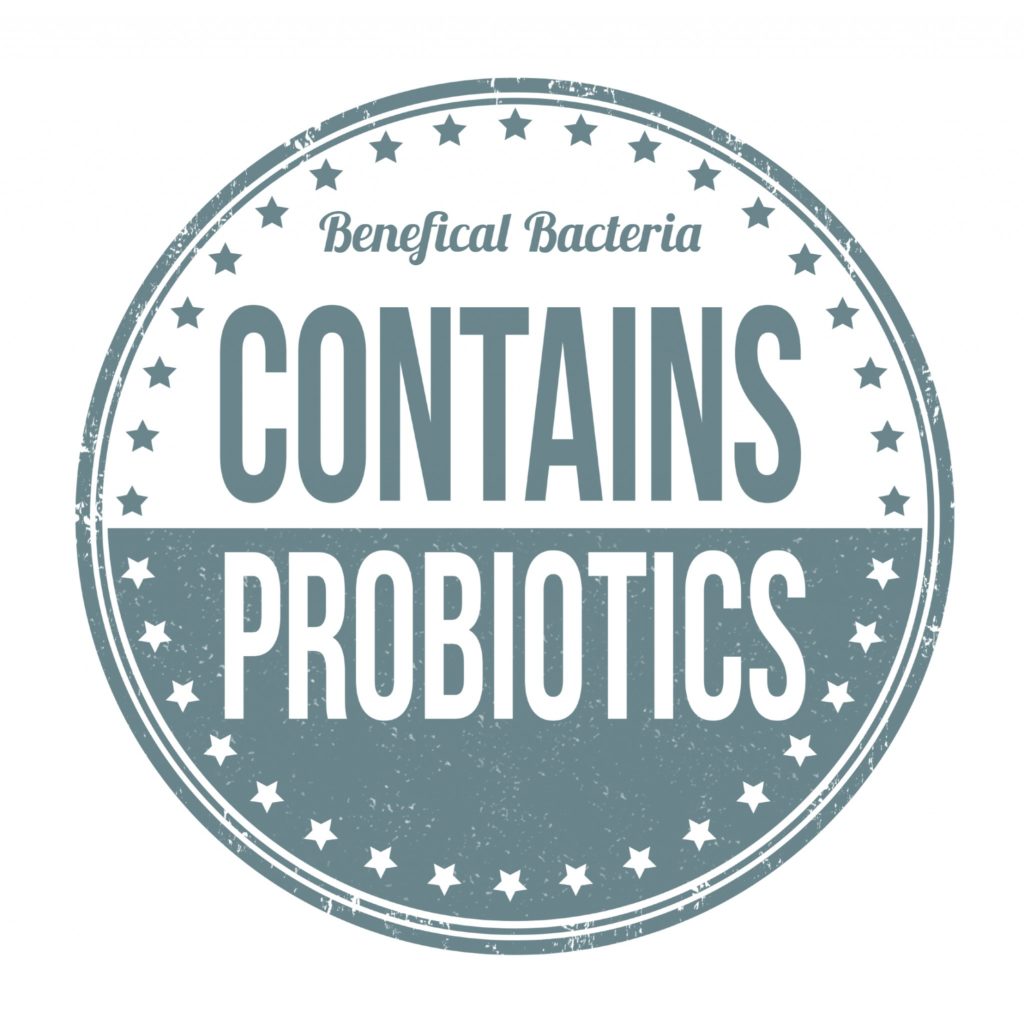The human gut is home to over 100 trillion microorganisms. We have so many microorganisms living in us that only 1 out of 10 cells in our bodies is our own. It stands to reason that the delicate balance of this microscopic flora would have huge effects on our health.
Recent studies have shown promising links between having the right balance of gut flora and being skinny. It is known that diet also has a huge impact on the type of flora inhabiting our intestines. Combining these two facts can be the key to your weight loss.
It seems that a diet high in plant foods has 3 ways it interacts gut flora: first, the fiber only found in plant foods is digested by the good flora in your gut. This process releases propionate. You probably don’t care to know all the fancy names, but you should care about what this short chain fatty acid does for you.
It has 3 main functions directly related to your weight: it decreases cholesterol, slows your digestion by making you feel fuller longer, and inhibits the formation of new fat cells. The digestion of fiber from your plant intake also forms a second short chain fatty acid called butyrate. Butyrate inhibits the growth of cancer cells in your colon and has amazing anti-inflammatory properties. The third way plant foods work with your gut flora to curb obesity is by feeding good bacteria and starving the bad.
In a study of the flora in thin people versus obese people, it was found that skinny people have a higher amount of bacteroidetes in their colon and obese people have a higher amount of firmicutes. It is known that polyphenols found in fruits, green tea, and vinegar promote the growth of bacteroidetes and suppress firmicutes. To put it in plain English, plant food grows gut flora that makes you skinny while hindering the growth of gut flora that makes you fat.
There are many different microorganisms in the gut, mostly bacteria. Several lines of evidence suggest that these gut bacteria can have powerful effects on body weight.
In addition to keeping your hot and healthy, probiotics can have a positive impact on the following ailments:
- Cancer
- Asthma
- Allergies
- Diabetes
- Autoimmune Diseases
- Depression
- ADHD
- Autism
SHOULD I TAKE PROBIOTICS OR NOT?
So, the burning question is: should I take probiotics or not? Well, the answer can be complicated. I have long told my clients that not all probiotics work the same for everyone. Just like bio-individuality when it comes to food, the same logic applies to the kind of probiotics you should take.
Lactobacilis acidophilus is better after taking antibiotics and for preventing bladder infections in women. Lactobacillus plantaris is great for its anti-inflammatory properties and is best for people with inflammatory bowel conditions like Crohn’s. Most people will benefit from taking a probiotic, but equally important is to front-load your diet with a lot of plant-based nutrition.
If you have been following me long enough, you know how I feel about detoxing your body and resetting your digestive system. The fiber and polyphenols in your fruits and veggies will work with the probiotics and your morning apple cider drink to do all the wonderful things that new research is showing to be true.
Nothing can replace eating a healthy diet loaded with a rainbow of fresh, clean plant food, but when things don’t feel right, a good round of probiotics just might do the trick – and help shed a few pounds, too!









 Rebounding Benefits and Weight Loss
Rebounding Benefits and Weight Loss
Leave a Reply